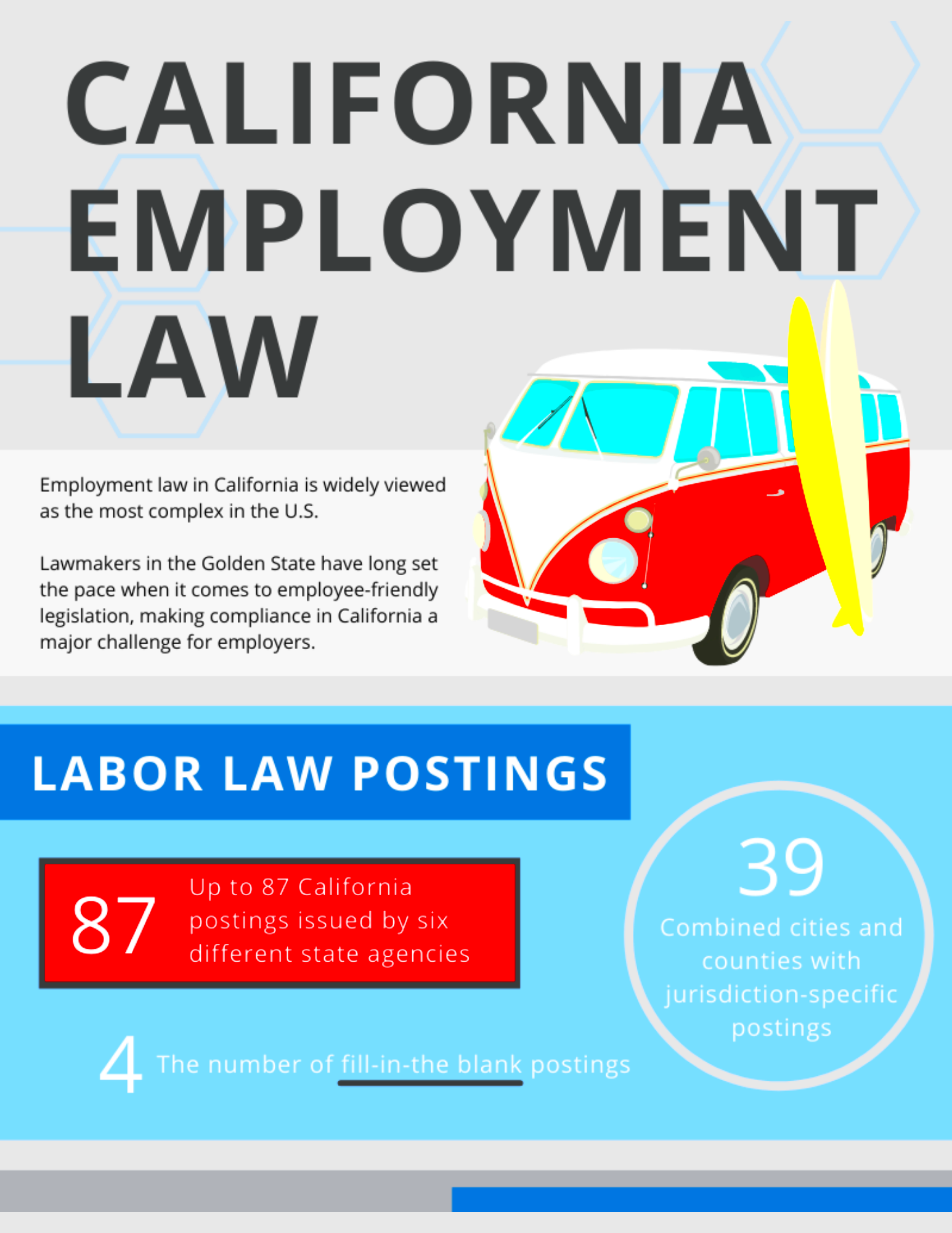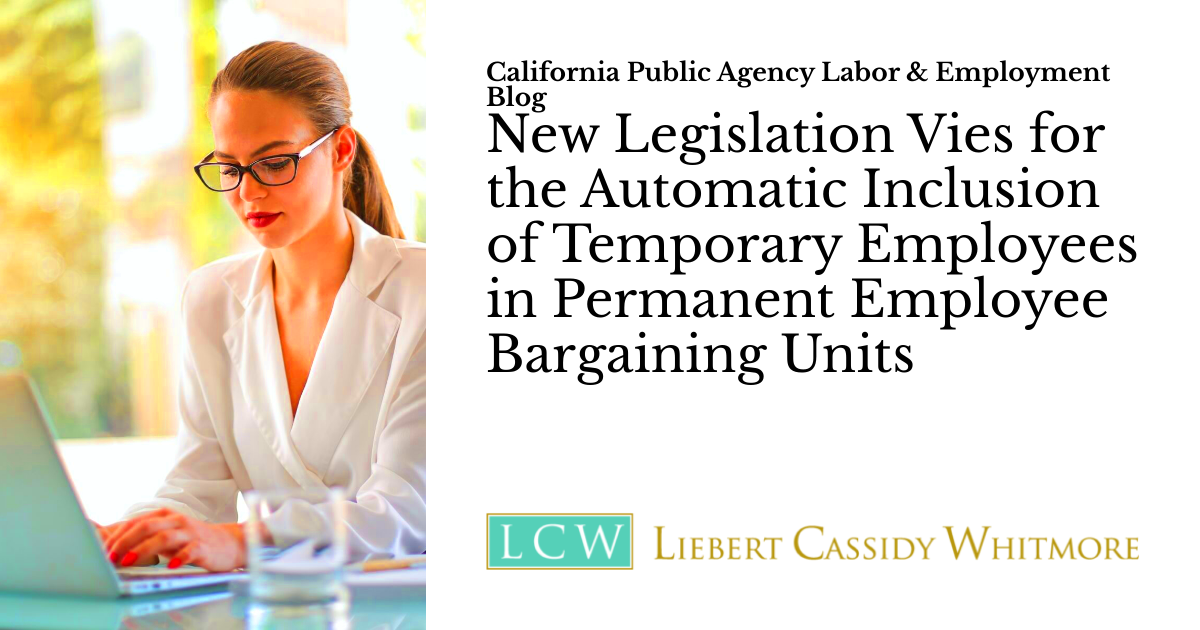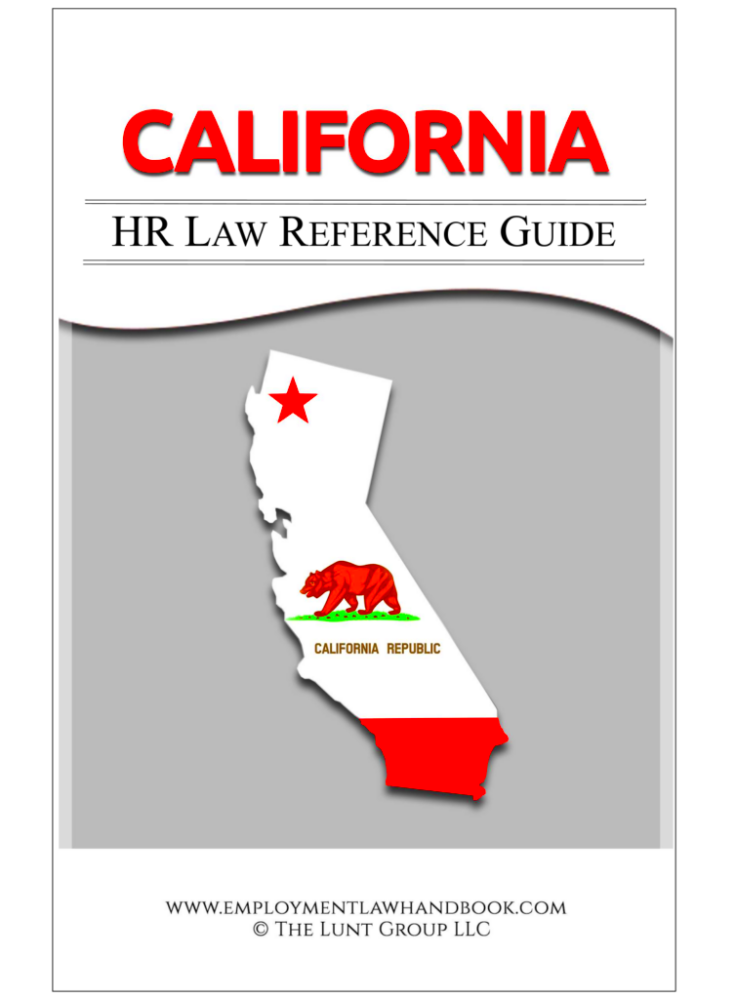California Temporary Employee Laws You Should Be Aware Of
California has specific laws that protect temporary employees. These laws help ensure fair treatment, good working conditions, and proper compensation. Understanding these laws is essential for both employers and employees. This post will explore what you need to know about temporary employment in California.
Understanding Temporary Employment in California

Temporary employment refers to jobs that are not permanent. These roles can vary in duration, ranging from a few days to several months. In California, temporary workers are often employed through staffing agencies or directly by companies. It’s essential to know that temporary employees are entitled to specific rights and protections.
Here are some key points to understand:
- Types of Temporary Employment: Common types include seasonal work, project-based jobs, and fill-in positions for absences.
- Employer Obligations: Employers must treat temporary workers fairly and ensure they receive the necessary training and resources.
- Pay Structure: Temporary employees should be paid at least the minimum wage and may receive additional benefits depending on their role.
Temporary employment can be a great way to gain experience or earn money while looking for a permanent position. However, it’s crucial to understand your rights and responsibilities in these roles.
Key Rights of Temporary Employees

Temporary employees in California have several rights that protect them from unfair treatment. Understanding these rights is vital for ensuring a safe and fair working environment.
Here are some key rights for temporary workers:
- Minimum Wage: All temporary employees must receive at least the minimum wage set by the state.
- Overtime Pay: Temporary workers are entitled to overtime pay for hours worked over 40 in a week.
- Safe Working Conditions: Employers must provide a safe work environment, including necessary safety equipment.
- Right to Organize: Temporary employees have the right to join labor unions or participate in collective bargaining.
- Non-Discrimination: Workers cannot be discriminated against based on race, gender, age, or other protected categories.
By knowing these rights, temporary employees can advocate for themselves and ensure they are treated fairly in the workplace.
Employment Contracts and Agreements

When starting a temporary job in California, it’s crucial to have a clear understanding of the employment contract or agreement. This document outlines the terms of your employment, protecting both you and your employer. Knowing what to look for in these agreements can save you from potential misunderstandings.
Here are some key elements often included in employment contracts for temporary workers:
- Job Description: This section details your duties and responsibilities. Make sure you understand what’s expected of you.
- Duration of Employment: Contracts typically specify the length of your temporary position. This could be for a specific project or until a particular date.
- Compensation: This outlines your pay rate and payment schedule, whether it’s hourly or salaried. Knowing when and how you’ll be paid is important.
- Benefits: Temporary workers may not receive the same benefits as permanent employees, but some contracts outline what is provided, such as health insurance or paid time off.
- Termination Conditions: Understanding the terms under which your contract can be terminated helps protect your rights. Contracts may include notice periods or conditions for early termination.
Before signing any contract, read it carefully and ask questions if something is unclear. If needed, consider seeking legal advice to ensure you fully understand your rights and obligations.
Wages and Benefits for Temporary Workers
Wages and benefits for temporary workers in California can vary, but there are laws in place to ensure that employees are treated fairly. Temporary workers deserve compensation that reflects their work, and understanding your wage rights is key.
Here are some important points regarding wages and benefits:
- Minimum Wage: As of 2024, California’s minimum wage is $15.50 per hour. However, some cities may have higher minimum wage rates, so be sure to check local regulations.
- Overtime Pay: If you work more than 8 hours in a day or 40 hours in a week, you should receive overtime pay at 1.5 times your regular rate. This is important for maximizing your earnings.
- Benefits: Temporary workers may receive limited benefits. Some companies offer health insurance or retirement plans. Always ask about available benefits when accepting a temporary position.
- Expense Reimbursement: If your job requires you to incur expenses, like travel or supplies, you may be entitled to reimbursement. Check your contract for details.
It’s essential to discuss your wages and benefits upfront to avoid surprises later. If you feel you’re not being compensated fairly, you have the right to address these concerns with your employer or seek legal advice.
Workplace Safety Regulations
Workplace safety is a significant concern for all employees, including temporary workers in California. It’s vital to understand the safety regulations in place to protect your health and well-being on the job.
California’s Occupational Safety and Health Administration (Cal/OSHA) sets the standard for workplace safety. Here are some key safety regulations to be aware of:
- Employer Responsibilities: Employers must provide a safe work environment. This includes regular safety training, proper equipment, and protocols for emergencies.
- Hazard Communication: Employers must inform workers about hazardous materials they might encounter on the job. This includes providing safety data sheets and training on handling these substances safely.
- Reporting Unsafe Conditions: Employees should report any unsafe conditions to their supervisors. Employers are required to investigate and address these issues promptly.
- Personal Protective Equipment (PPE): Employers must provide appropriate PPE, like helmets or gloves, when necessary. Temporary workers should always use this equipment to ensure their safety.
- Emergency Procedures: Familiarize yourself with the emergency procedures for your workplace, including evacuation routes and whom to contact in an emergency.
By understanding your rights regarding workplace safety, you can help ensure a secure and healthy working environment for yourself and your colleagues. Don’t hesitate to speak up if you see something unsafe—it’s your right to do so.
Termination and Layoff Procedures
Understanding termination and layoff procedures is essential for temporary employees in California. These processes can vary by company, but knowing your rights can help you navigate them more smoothly. Whether your contract ends or you’re laid off, it’s crucial to understand what to expect.
Here are some key points regarding termination and layoff procedures:
- At-Will Employment: Most temporary jobs are at-will, meaning either you or your employer can terminate the employment at any time for any legal reason. However, you cannot be let go for discriminatory reasons or retaliation.
- Notice Period: While some employers may provide a notice period before termination, it’s not legally required for temporary workers. Always check your contract for any specified notice requirements.
- Final Paycheck: California law requires employers to provide your final paycheck on your last day of work if you are terminated. This includes all earned wages and any unused vacation time.
- Unemployment Benefits: If you are laid off or terminated, you may qualify for unemployment benefits. Make sure to file a claim with the California Employment Development Department (EDD).
- Severance Pay: While not legally required, some companies offer severance pay for temporary employees. If your contract includes severance terms, make sure you understand them.
Being informed about termination and layoff procedures can help you handle transitions more effectively and know your rights throughout the process.
Frequently Asked Questions About Temporary Employee Laws
Many temporary employees have questions about their rights and responsibilities. Here are some frequently asked questions that can help clarify common concerns:
- Do temporary employees have the same rights as permanent employees?
Yes, temporary employees have many of the same rights, including the right to a safe workplace, fair wages, and protection against discrimination. - What should I do if I believe I’m being treated unfairly?
Document any incidents and discuss your concerns with your supervisor. If the issue persists, consider reaching out to a labor rights organization or legal counsel. - How do I know if I qualify for unemployment benefits?
If you are laid off or your employment ends, you can apply for unemployment benefits through the California EDD. Eligibility depends on your work history and the reason for unemployment. - Can I be denied employment for reporting unsafe conditions?
No, it is illegal for employers to retaliate against employees who report unsafe conditions. You are protected under California’s whistleblower laws. - Are temporary workers entitled to breaks and meal periods?
Yes, temporary employees are entitled to meal and rest breaks under California law. Make sure you understand your break rights when starting a new job.
If you have more specific questions, it’s always a good idea to consult legal resources or professionals who specialize in employment law.
Conclusion on Temporary Employment in California
Temporary employment in California can provide valuable opportunities and flexibility. However, it’s essential to understand your rights and responsibilities to navigate the unique aspects of temporary work. From contracts and wages to workplace safety and termination procedures, being informed empowers you as a worker.
Remember to:
- Read your employment contract carefully to understand your duties and rights.
- Know your wage rights, including minimum wage and overtime pay.
- Be aware of workplace safety regulations and your rights to a safe working environment.
- Understand termination procedures and how they affect your employment status.
- Seek advice if you encounter issues or have questions about your rights.
By staying informed and proactive, you can make the most of your temporary employment experience in California. Whether you’re using it as a stepping stone to a permanent job or enjoying the flexibility it offers, understanding the laws governing your work is key to a successful experience.


